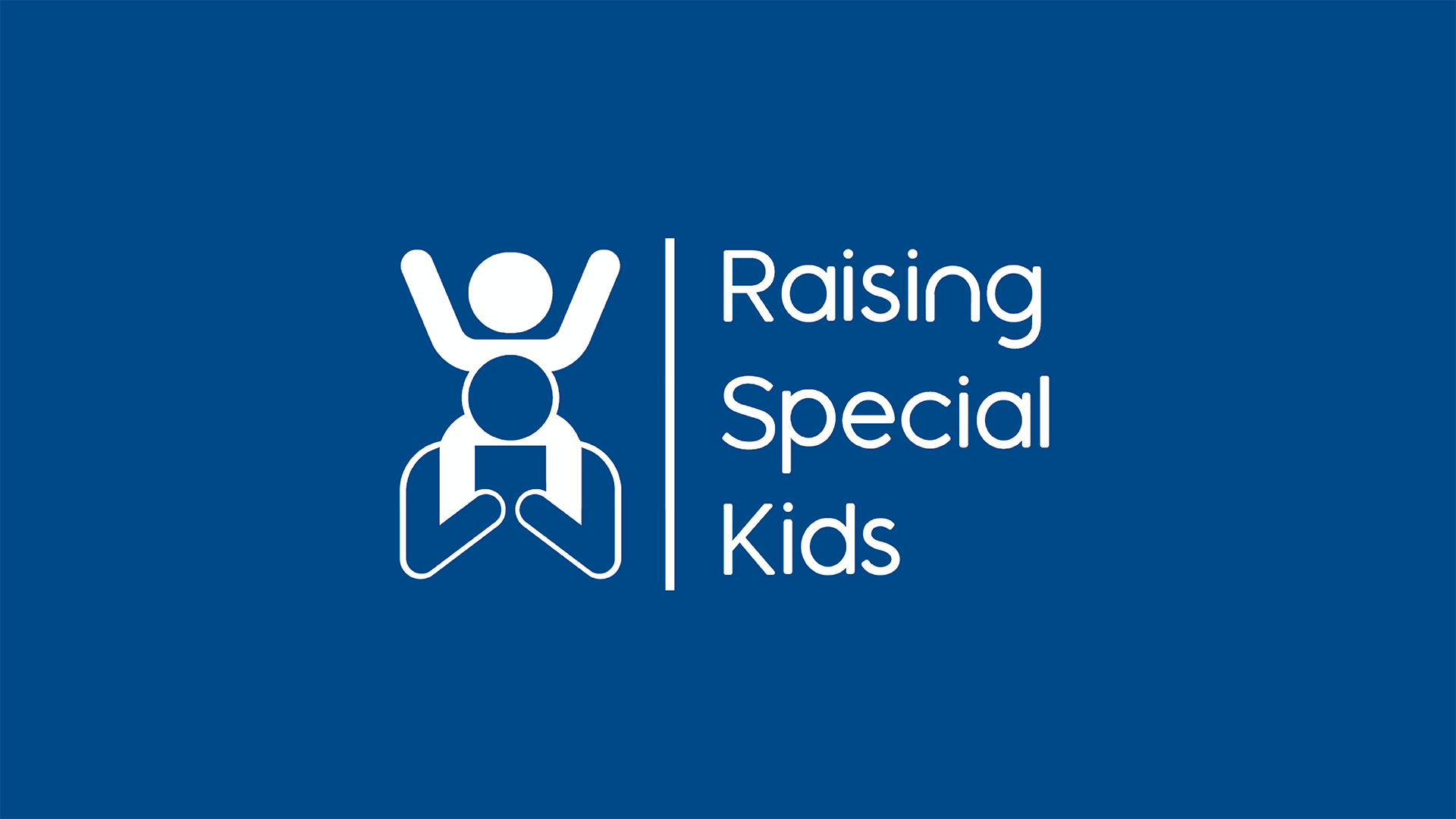Although March 2020 was only a few months ago, in some respects it feels like it has been a lifetime. It seems like ages ago when parents and families of children who have disabilities gathered together to share their experiences, challenges and hopes. In our March edition of Connecting I wrote about COVID-19 and our organization’s belief in the strength of solidarity and unity in community solutions, as we have seen them work in our own lives. We have seen the strength of solidarity and unity again as Arizona communities come together with a common purpose to be a part of the solution to the very real problem of systemic racism and discrimination experienced by Black, Indigenous and People of Color (BIPOC).
The disability rights movement was born out of the civil rights movement and Raising Special Kids was founded in 1979, just 4 years after the passage of Public Law 94-142 which would later become the Individuals with Disabilities Education Act. This law had a dramatic, positive impact on millions, as students who had disabilities accessed public education in their local communities for the first time. Their inclusion was not without collision and conflict as school systems adjusted to providing support for students with disabilities and their families. Raising Special Kids went to work providing parents and families the tools they needed to work collaboratively with schools and advocate effectively to integrate students who have disabilities into mainstream education.
We have been asked the question, ‘what is Raising Special Kids doing to address systemic racism and discrimination?’ We look to productive action-steps to ensure our Board, Staff and Parent Leaders have the space, information and various perspectives to reflect on how we can do more to be a part of the solution.
Effective immediately, Raising Special Kids initiates an Inclusion and Diversity Task Force made up of Raising Special Kids Board Members, Staff and Parent Leaders. Their charge is to: identify and secure resources needed to carry out their work, conduct a Diversity and Inclusion Assessment, engage and gather input from people who are BIPOC and experiencing disability, and develop, implement and monitor an action plan for continuous organizational improvement.
As we engage in this important work we look forward to July 26, 2020 when we commemorate the 30th Anniversary of the signing of the Americans with Disabilities Act (ADA) and the intent of the law “to assure equality of opportunity, full participation, independent living and economic self-sufficiency for individuals with disabilities.”
Christopher Tiffany
Executive Director
Jennifer Kupiszewski
Board President

